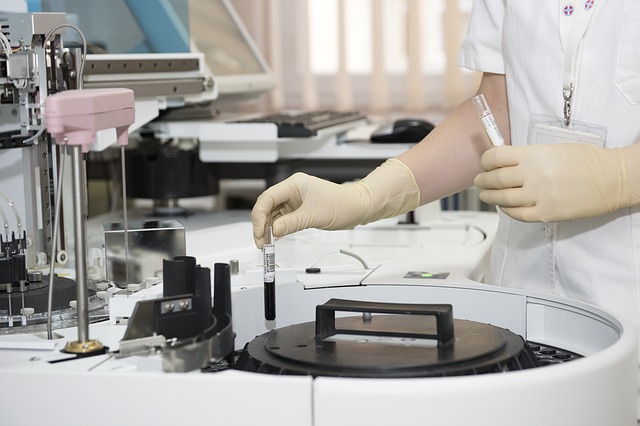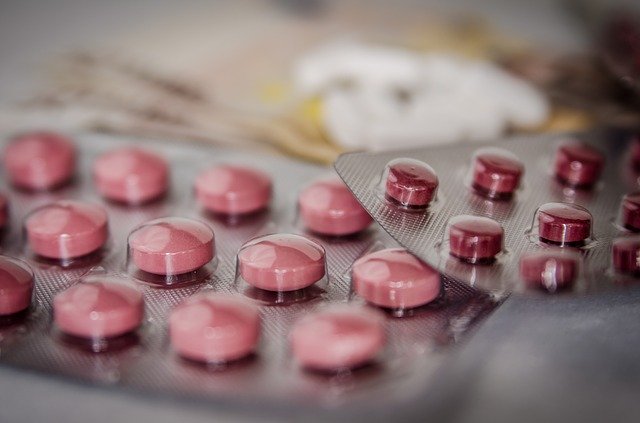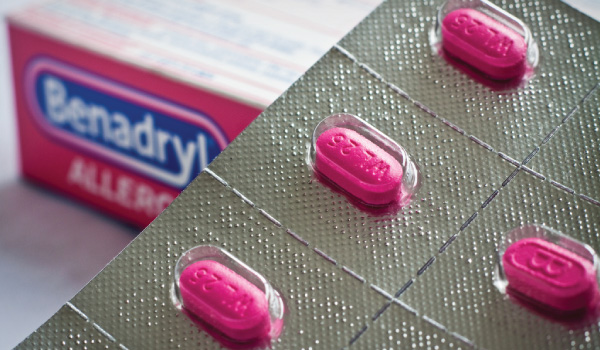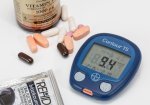Decongestants and High Blood Pressure Explained

As time has passed, the correlation between decongestants and high blood pressure, which at some point was vague and generally inconclusive, has now gathered a convincing amount of scientific evidence. In most cases, decongestants cause increased blood pressure. This calls for second thoughts when considering administering decongestants to individuals who are hypertensive.
Decongestants are a type of pharmaceutical drug that is used to relieve congested nasal passage. One such branded decongestant, that is available on the market, and that we have also written about in detail is Benadryl.
Among other causes, nasal passage congestion could be as a result of a cold or allergic reaction. This means this is a common problem during certain seasons of the year.
According to data from the Center for Disease Control (CDC), nearly 30 million people in the United States suffer from chronic sinusitis which is also responsible for congested nasal passage. Other symptoms of this condition include sinus headaches and nasal discharge. This level of discomfort and a consequently miserable life encourages millions of people to turn to decongestants for relief.
To begin to appreciate the effect of decongestants on blood pressure, we begin by noting what's in a typical decongestant. Most decongestants have two active ingredients namely pseudoephedrine or phenylephrine.
These two are sympathomimetic drugs which mimic what adrenaline, a hormone produced naturally by your body, does.
Typically adrenaline increases blood pressure, heart rate and dilates pupils as it puts the individual into "fight or flight" mode. With this in mind, the picture of the link between decongestants and high blood pressure begins to come into view.

The Biological Mechanism Connecting Decongestants and High Blood Pressure
Why and how decongestants increase blood pressure is a complex biological process that can however be explained in simpler terms.
When administered through the nose, which is refereed to as topical administration, decongestants activate receptors found in the nasal mucosa or tissue lining the nasal cavity.
This ultimately leads to vasoconstriction which is the constriction of blood vessels. Vasoconstriction reduces blood flow which on the other hand offers relief of nasal congestion symptoms.
However, as vasoconstriction occurs, this also leads to increased blood pressure. Constricted blood vessels is a key element in blood pressure elevation. People suffer from hypertension due to stiff or increasingly blocked blood vessels.
The fact that decongestants restrict blood flow by constricting blood vessels makes them an automatic cause of high blood pressure. This is how biological science has concluded that there is a positive link between decongestants and high blood pressure.
Researchers and doctors note that orally administered decongestants posse the greatest risk.
While topical decongestants such as nasal sprays tend to act in a localized manner on the nasal tissue within the nose, for example, orally administered decongestants act on the entire nervous system almost guaranteeing and elevation in blood pressure.
Oral decongestants have the potential to affect the cardiovascular system including the urinary system, the central nervous system and the endocrine systems. Taking decongestants in high doses only increases the risk of high blood pressure with dangerous effects.

Scientific Study Supporting Decongestants and High Blood Pressure Correlation
A 2005 study published in the Journal of Human Hypertension concluded that phenylpropanolamine, a decongestant found in medications such as cough remedies and weight control agents, significantly increased systolic blood pressure.
These results were based on meta-analysis and review of data from relevant previous studies involving more than 2100 people. While phenylpropanolamine had no effect on pulse rate, it increased systolic blood pressure (top number) by 5.5 mmHg and diastolic blood pressure (bottom number) by DBP 4.1 mmHg.
While these changes may be considered marginal, other studies have shown that even small changes in blood pressure translate to very significant cardiovascular risks. It is for this reason that even slightest changes for better or for worse should not be ignored.
Also found deep in the study report is that some individual participants in clinical trials had their blood pressure exaggeratedly high by as much as 35 mmHg for systolic blood pressure. These individuals had normal blood pressure which radically increased on exposure to the decongestant.
The Journal of Human Hypertension study concluded that short-term administration of decongestant phenylpropanolamine led to increased blood pressure so did higher doses. Individuals with controlled hypertension were less at risk of increased blood pressure following the use of phenylpropanolamine.
Pubmed Health notes that decongestants such as phenylephrine when administered by injection are effective in treating hypotension which is abnormally low blood pressure. This points to decongestants being effective in increasing blood pressure such that they are useful in treating abnormally low blood pressure.

Decongestants and High Blood Pressure Medication Interaction
The mechanism behind decongestants and how they lead to increased blood pressure presents potential for decongestants interacting with high blood pressure medications.
Anti-hypertensive medications work by relaxing or dilating blood vessels, for example, thereby reducing blood pressure. On the other hand, as already explained, decongestants have the opposite effect which is to tighten blood vessels leading to elevated blood pressure.
This interaction between decongestants and high blood pressure medication could take a number of forms. Decongestants may have the effect of nullifying blood pressure medications leading to uncontrolled blood pressure. Depending on circumstances, this maybe overcome by increasing dosage of the blood pressure medication in question.
The correlation between high blood pressure and decongestants, as we have shown here, is scientifically proven. Individuals suffering from high blood pressure must necessarily be cautious when considering using the various types of sympathomimetic drugs available on the market.

|
Alcohol and Blood Pressure |
Return to Hypertension Causes from Decongestants and High Blood Pressure
Return to Hypertension Home Page from Decongestants and High Blood Pressure
Disclaimer
Information contained on this website is not meant to replace your doctor's advice.
(c) All Rights Reserved. 2010-2018


When pregnant, there are too many things to stay away from and pharmacological drugs is one of them. What then you are pregnant and got a cold, as is likely to happen? Most over the counter (OTC) medications contain decongestants in their active ingredients.
We have already made a link between decongestants and high blood pressure in our main article. So a risk does exist especially when the risk of high blood pressure during pregnancy is considered. The best recommended decongestants to use are nasal sprays because they are localized in effect and won't constrict vessels in the whole body which spikes blood pressure.

